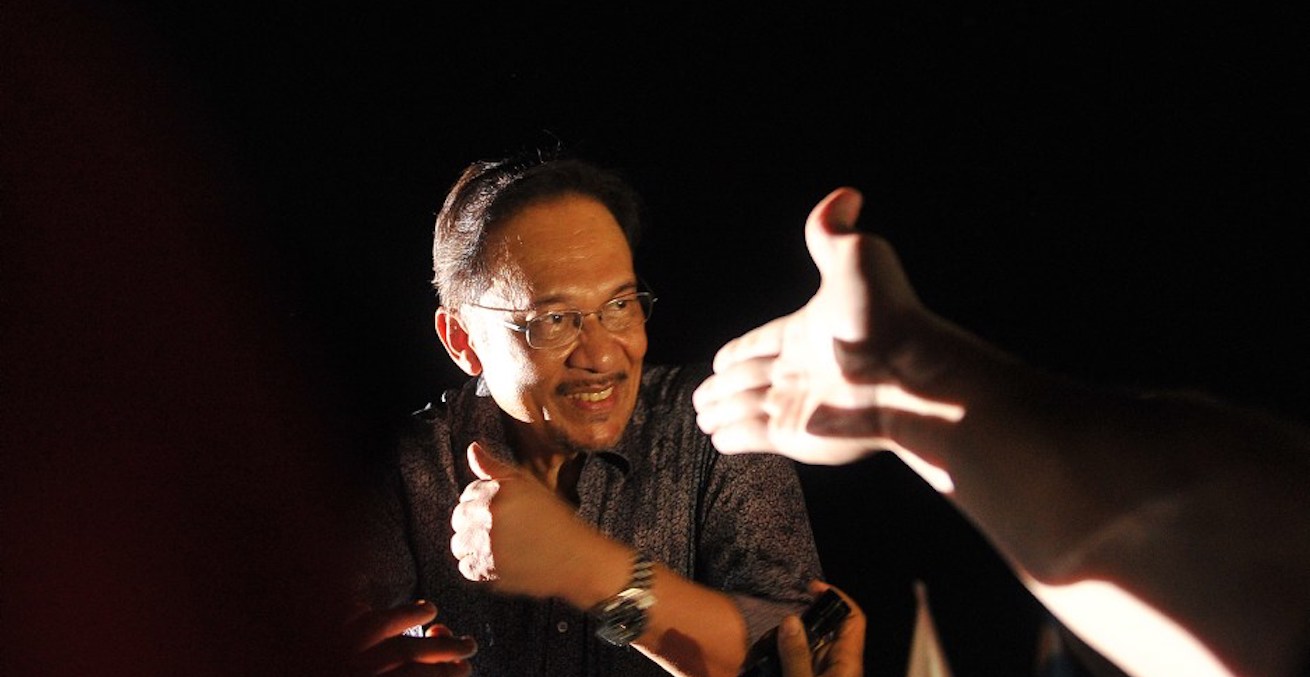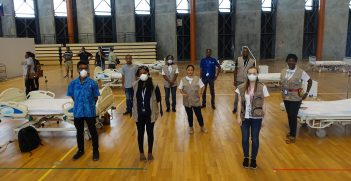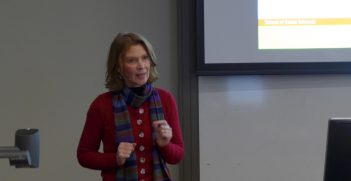Promoting Democracy is in Australia’s Interests

Australia’s values and freedoms are a source of strength and soft power in the region. Australia has better choices than supine acceptance of autocrats on the one hand or megaphone diplomacy on the other.
Anwar Ibrahim’s pointed comments on his release from jail about Australia and other democracies “appeasing ruthless, corrupt, authoritarian leaders” will make many squirm.
But the reality is that Australian governments of both persuasions have for years avoided talking about the growing problem of authoritarianism in our region. We have chosen, as Anwar observed, to promote trade and economic ties over our core values and beliefs in freedom and democracy.
The reasons for this are also clear: when Australian leaders do talk about the importance of basic freedoms, human rights and electoral democracy in Asia, they are routinely castigated for “interfering” in other countries’ internal politics or being arrogant Westerners.
Anwar’s new boss (and former jailer) Dr Mahathir Mohamed made an art form of this during his previous term as Malaysian prime minister, isolating Australia from its region.
This puts Australian politicians in an impossible position. When ministers such as Julie Bishop talk about China’s regional leadership ambitions and democracy, as she did in a speech last year, they are hounded down – not just by predictable voices in the Chinese state media but also by friendly fire.
Critics such as ex-ambassador Geoff Raby reflect not just the Chinese government but the views of much of our business community in preferring that Australia play the role of supplicant tributary state to the Celestial Empire, keeping the money flowing and our mouths shut.
So, what is Australia to do?
The Foreign Policy White Paper was a start, acknowledging that our values and freedoms are actually a source of strength and “soft power” in our region, not something to be hid under a bushel.
However, we have yet to grasp that a liberal, rules-based international order requires a liberal, rules-based domestic order – in a word, democracy – if it is to be more than an oft-reiterated wish in our defence and security planning.
Making these goals tangible requires Australia play a more direct role in fostering the political development of our region to promote our own prosperity and security.
In particular, there is a clear need to invest more than rhetoric in actually helping democrats and opposition movements in the region.
Anwar’s last visit to Australia, in 2006, saw him give an address to the Australian Parliament sponsored by the Centre for Democratic Institutions, which also trained opposition members of parliament in Malaysia and elsewhere around the region, particularly Indonesia and the Pacific Islands. Its demise on the back of funding cuts has left precious little resources devoted to helping democracy in our region, and those that are left of questionable value.
Under the little-known Australian Political Parties for Democracy scheme, for instance, both the main Australian parties receive public funding for international cooperation, but most of this is spent outside our region. We also fritter aid money away on international organisations whose main activities are fatuous conferences, such as a recent love-in with the now-deposed government in Kuala Lumpur on, you guessed it, the importance of democracy in Southeast Asia.
What is needed is an independent body, supported by but necessarily at arm’s length from government, that can assist liberalisation, religious tolerance and democratic reforms in our region both at the national and regional level. Such a structure, along the lines of the US National Endowment for Democracy, would allow us to help democratic reformers who risk imprisonment and worse, while also safeguarding Australia’s national interests.
Sustained bipartisan advocacy for liberal rules and institutions, both domestically and internationally, will enable us to steer a course between supine acceptance of autocrats on the one hand without being accused of megaphone diplomacy on the other.
Professor Benjamin Reilly is Dean of the Sir Walter Murdoch School at Murdoch University. He was Director of the Centre for Democratic Institutions from 2005 to 2010.
Another version of this article first appeared in the Australian on 21 May 2018, and is republished here with permission.





